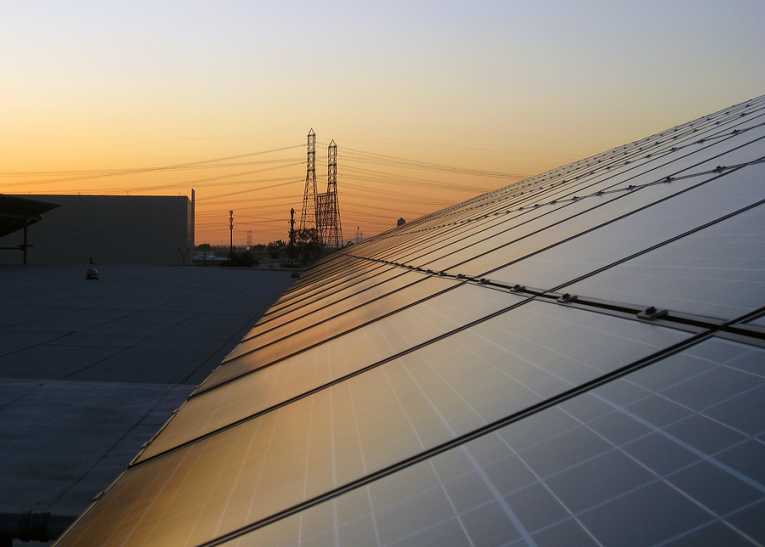The bankruptcy of solar power manufacturer Solyndra has brought with it some juicy storylines.
With the Obama administration having loaned nearly $550 million in the company, the Salt Lake Tribune noted on Sept. 13 that taxpayers, mired in a years-long recession, are "on the hook for almost all of its government-backed loan."
That same day, the San Jose Mercury News pounced on the Republican/Democrat divide, pointing out that the "Republican National Committee and other conservative critics have seized on Solyndra's implosion - the term 'Solargate' is already being used – as evidence that President Barack Obama's original stimulus plan and the administration's support for clean technology are failed policies."
And on Sept. 12, Bloomberg went a little deeper into the political ramifications, revealing connections between Solyndra and billionaire Obama campaign fundraiser, George Kaiser. According to Bloomberg, "The George Kaiser Family Foundation, a charitable organization based in Tulsa, Oklahoma, holds about 36.7 percent of the company (Solyndra)…." What's more, Kaiser has visited the White House some 16 times since 2009.
So there are indeed a lot of angles to work with when it comes to Solyndra's Sept. 6 bankruptcy filing. Solyndra was thought to be one of the leading lights of America's green manufacturing movement, so much so that more than half a billion dollars was pumped into it. Now that it's kaput, the chatter is alive. All the more so because it is one of three major U.S. solar companies, along with Evergreen Solar and SpectraWatt Inc., that have filed for bankruptcy in recent weeks.
But there is another storyline that has emerged in the coverage of Solyndra's bankruptcy: China's green manufacturing, particularly the Chinese government's use of subsidies and the erosive effect that has on American companies' (plural) ability to compete.

From the Tribune:
Many private analysts questioned (Solyndra's) business model, especially given modest global demand for solar power and competition from China's heavily subsidized producers.
From the Mercury News:
Many solar enthusiasts in Silicon Valley think Solyndra and several other venture-backed solar startups who bet big on manufacturing are simply losing an unfair game to heavily subsidized Chinese companies.
From Bloomberg:
Evergreen Solar Inc. (ESLR) of Marlboro, Massachusetts, and SpectraWatt Inc. of Hopewell Junction, New York, filed separately for bankruptcy reorganization last month, blaming price declines and competition from solar-panel makers in China....
Despite objections from the West, China has indeed plowed ahead with subsidies for its greentech industries. Cleantech, a renewable energy investment firm, published a 2011 report for subscribers called "The rise of home-grown cleantech innovation in China." I obtained a copy of this report for an article about China's greentech sector, and some of the numbers are staggering.

For instance, international stimulus funding in 2009 devoted a total of $521 billion for green initiatives. About 38 percent of that – or $200 billion – was from China. China's own stimulus package was for about $586 billion, so more than one-third of the total was devoted to greentech (the world average was 16 percent).
Cleantech also reports that China's Ministry of Finance uses tax breaks, and that the Ministry of Education gives incentives to universities to turn research into "commercially viable products."While Republicans often decry money spent on greentech, Edward Barbier, an economics professor at the University of Wyoming and an expert on China's greentech industry, says that China's government has no qualms spending on clean technology.
"China's aim is to capture the world market, not just meet domestic demand," Barbier wrote to me in an email. "Thus its policy approach is the same as it has been pursued for other high-growth manufacturing exports: use subsidies and low labor costs to grow infant industries and phase out these supports as economies of scale and export competitiveness kicks in."
It looks like that competitiveness is kicking in while some U.S. green companies are kicking off.
The views and opinions expressed in this article are those of the author.
Top Image Credit: ©










